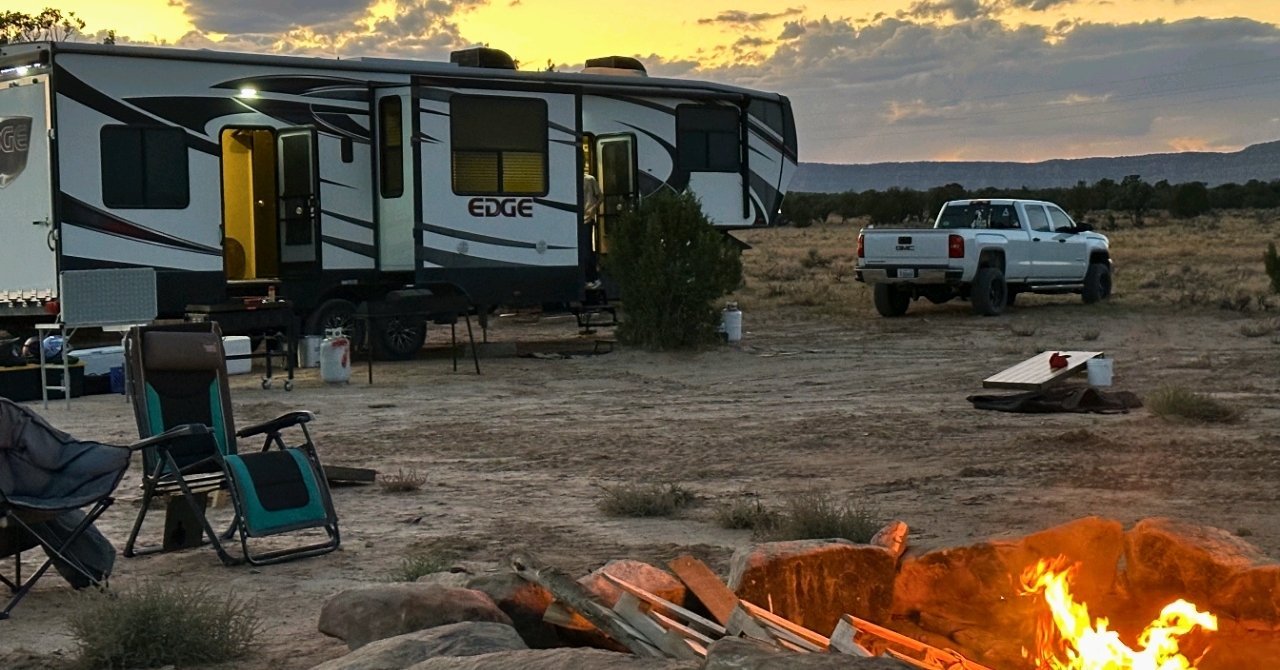How to Camp on Your Land This Summer—Legally and Comfortably
Please note: this blog post is meant to be purely informational and not meant to be taken as legal advice.
Utah landowners enjoy the freedom to use their land for recreation, and summer is the perfect time to camp on your property. But before you pitch a tent or bring out the RV, it’s smart to understand local rules and prep your site for comfort. Here’s a guide to making it legal and enjoyable.
What to Know About Camping Legally on Your Land in Utah
Camping is allowed on most privately owned rural land, but counties have zoning rules and time limits.
Common Regulations by County:
Short-term camping is generally allowed on A-5 or AG-zoned land
Long-term stays may require a septic system or RV permit
RV camping without hookups is usually limited to 14–30 days at a time
Fires and burn bans vary seasonally—check with local fire authorities
In Duchesne, Uintah, and Wasatch counties, camping on your land is usually permitted if it’s not in a city limit or subdivision with restrictions. Always check with the local planning department.
Prepare the Site: What You’ll Need for a Comfortable Setup
Before you head out for a weekend on your land, take these steps to make the experience smoother.
1. Shade and Wind Protection
Utah summers can be hot and windy. Plan for some kind of cover:
Bring a canopy or portable awning
Set up camp near trees or on the leeward side of a hill
2. Water Access
Most raw land doesn’t come with water. Bring your own or consider:
Portable water tanks or 5-gallon jugs
Setting up a rainwater catchment system (where allowed)
3. Waste Disposal
Even on private land, you’re responsible for proper waste disposal.
Use a portable toilet or rent a camp toilet
Pack out trash and gray water
Don’t dig latrines unless local rules allow
4. Cooking and Fire Safety
Use a propane stove or fire pit with a spark screen
Keep a shovel, water, or extinguisher nearby
Follow county burn restrictions
Options for Long-Term Camping and RV Living
If you plan to stay more than a few weekends, consider semi-permanent options:
Gravel pad and fire ring for repeat visits
Storage shed or trailer for supplies
Solar power for lights or device charging
Water totes and a portable septic tank
You may need a county-issued permit for extended stays, especially if you're parking an RV or tiny home. Check your land’s zoning (like A-5) for flexible use options.
What You Can Do While Camping on Your Utah Property
Make the most of your time outdoors with these activities:
Off-road exploring with ATVs or UTVs
Fishing and paddleboarding at nearby reservoirs
Stargazing and campfires
Hiking or wildlife watching
If your land is near Starvation Reservoir or in the Duchesne and Fruitland area, you’ll have easy access to water recreation, trails, and public lands. Explore our listings in the area to find ideal camp-friendly lots.
Final Tips Before You Camp
Check weather and fire conditions before each trip
Bring more water than you think you’ll need
Let someone know where you’re going
Leave the site better than you found it
Owning your own land means you can camp your way—just do it responsibly and within the rules. Whether it’s a tent or RV, a weekend or all summer, your land is there when you need a break.



